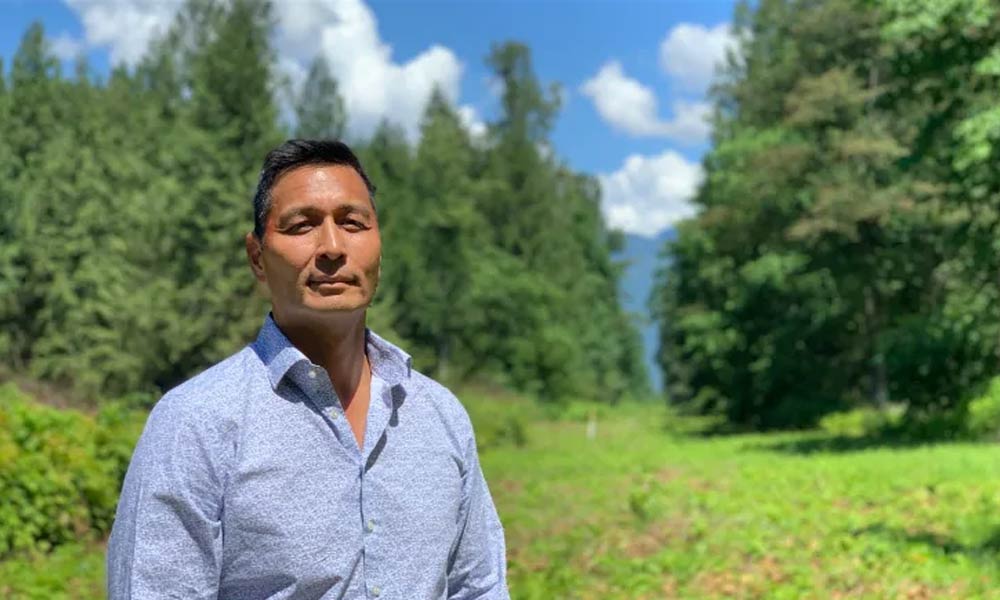A First Nation that was once in full support of the Trans Mountain pipeline expansion project is now standing in opposition, at least until it feels confident the project won’t destroy one of their ancient villages.
Shane James was “full in” with the project when it was owned by Kinder Morgan. The 37-year-old Shxwowhamel First Nation council member even bought heavy equipment and signed multiple agreements with contractors to prepare for the construction of the pipeline.
“We wanted to have our eyes, ears and feet on the ground to be a part of the project, either doing or monitoring the work, to ensure that our traditional territory was taken care of,” James said.
He also saw the economic benefits for the community: jobs, training and revenue.
But the tide has turned.
‘It brought tears to my eyes’
James says when the expansion project was owned by Kinder Morgan, the community had significant consultation with the company and felt confident that their land and sacred sites would be protected.
But when the federal government purchased the project, James says, his community became concerned.
James said former Supreme Court of Canada justice Frank Iacobucci, who was tapped to renew consultations with Indigenous people, only visited with community leaders once, at a gathering with other First Nations in Vancouver. Icacobucci could not immediately be reached for comment.
But a representative from the federal government, Vanessa Adam, told the CBC in an emailed statement that “No relationship is more important to our government than the one with Indigenous peoples.”
In Adam’s email, she stated that as a result of consultations, the federal government amended six of the NEB’s legally binding conditions on the project.
“TMC made a commitment to this Indigenous group to protect specific sacred sites,” she wrote.
According to James, Natural Resources Minister Amarjeet Sohi only visited the community once since federal consultations began.
In those meetings, the community became concerned that the construction route for the pipeline would run through the ancient village, which is about 15 kilometres west of Hope, B.C., and alongside the Trans-Canada Highway. The First Nation is worried the pipeline could desecrate or destroy a 1,400-year-old sacred site full of artifacts, 20 traditional homes, called pit houses, and possible gravesites.
Read More @ CBC










